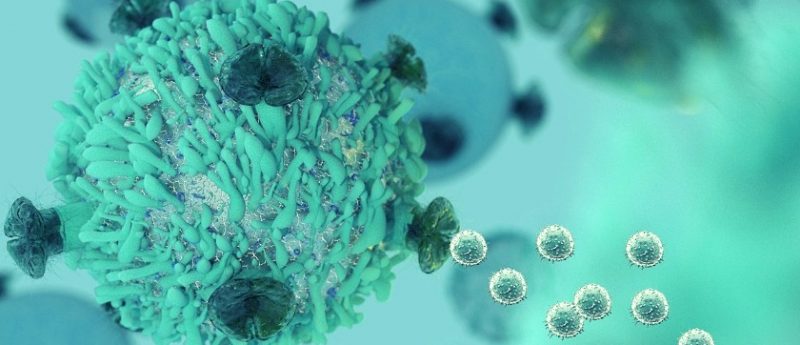New therapeutic target for pancreatic cancer revealed

Researchers from UT Southwestern Medical Center (TX, USA) have discovered that CDK4/6 inhibitors, used to treat some advanced breast cancer, alter the metabolism of pancreatic cancer cells. The results, which could positively impact therapies, were published recently in the journal Cell Reports.
In 2015, the US FDA approved the first CDK4/6 inhibitor for use in an advanced form of breast cancer. These inhibitors have also been used widely in clinical trials for other types of cancers, including pancreatic cancer.
CDK4/6 inhibitors are cytostatic agents that can prevent cell growth and proliferation. “On the one hand, that’s great, because the tumor won’t grow, but on the other hand, the patient still has a tumor, which will eventually become resistant to those drugs,” commented senior author Erik Knudsen (UT Southwestern).
“There’s a lot of interest in better understanding the biology behind CDK4/6 inhibitors – and in finding out whether we can use that information to kill tumors instead of simply stopping their growth,” continued investigator Agnieszka Witkiewicz, also of UT Southwestern.
In the current study, the research group studied the effects of CDK4/6 inhibitors on human pancreatic cancer cells and tumors grown in mice. When treated with inhibitors, the team observed that tumor cell metabolism increased.
“Now we can try attacking specific aspects of CDK4/6-induced metabolic programming,” explained Knudsen. “For example, by targeting altered tumor metabolism, we could potentially turn the cytostatic effect of CDK4/6 inhibitors into a cytotoxic effect that actually kills the cancer cells.”
Pancreatic cancer is the third leading cause of death in the United States, with one of the worst prognoses of all cancers. The hope is that by first disrupting the cell cycle within cancer cells using CDK4/6 inhibitors then targeting the altered metabolism using other available drugs e.g., mTOR inhibitors, treatment outcomes may be improved.
“These data yield valuable new insights into the cross talk between CDK inhibitors, signaling pathways, and tumor metabolism in pancreatic cancer, opening up some interesting new possibilities for treatment that could be evaluated in clinical trials,” Witkiewicz concluded. “The real goal is that this work – as well as ongoing studies – will benefit patients with pancreatic cancer.”




